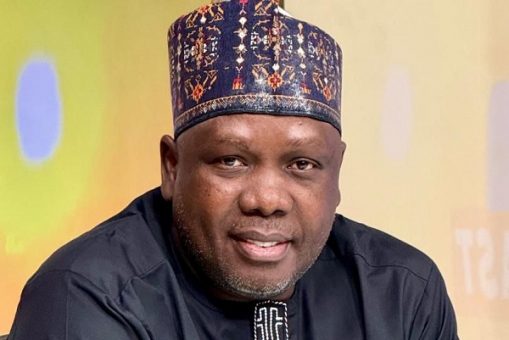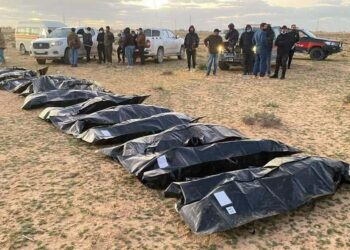Special Adviser to the President on Policy Communication, Daniel Bwala, has again denied the Christian genocide claim in the country, describing the crisis in Benue and Plateau States as being caused by climate change, economic pressure and extremist activities.
Bwala spoke on Monday when he met with the leadership of the Christian Association of Nigeria (CAN) in Abuja, to address concerns on the insecurity in the country.
The meeting, held at the CAN National Secretariat, came amid the allegation of a “Christian genocide” in Nigeria.
Recently, claims of Christian genocide in Nigeria have been peddled on conventional and social media, especially by some personalities in the United States.
Following the claims, Ted Cruz, a US senator, proposed a bill that seeks to protect “persecuted” Christians in Nigeria.
Riley Moore, a member of the US house of representatives, had asked Marco Rubio, secretary of state, to immediately take decisive diplomatic action against the Nigerian government over the “systematic persecution and slaughter of Christians” in the country.
Bill Maher, a US comedian and talk show host, also alleged that Christians are being systematically exterminated in Nigeria by terror groups.
In a statement released pertaining to the claim, CAN affirmed the opinions of the US lawmakers, adding that Christian communities, especially in northern Nigeria, have suffered severe assaults, loss of lives, and destruction of places of worship.
However, the federal government has repeatedly denied the claim.
During the visit, Bwala accused the Western media and US lawmakers of painting an inaccurate picture of the situation in Nigeria, noting that the country’s security challenges have evolved before religion.
“The government is not involved, either passively or actively, in the insecurity issues confronting some parts of the country,” Bwala was quoted as saying in a statement issued after the meeting.
“These challenges have evolved beyond religion, with root causes tied to climate change, extremist ideologies, and economic pressures.
“Such narratives are misleading. The killings in Plateau and Benue are tragic, but so, too, are those in Zamfara and Katsina. Insecurity is a national challenge, not a sectarian one.”
















